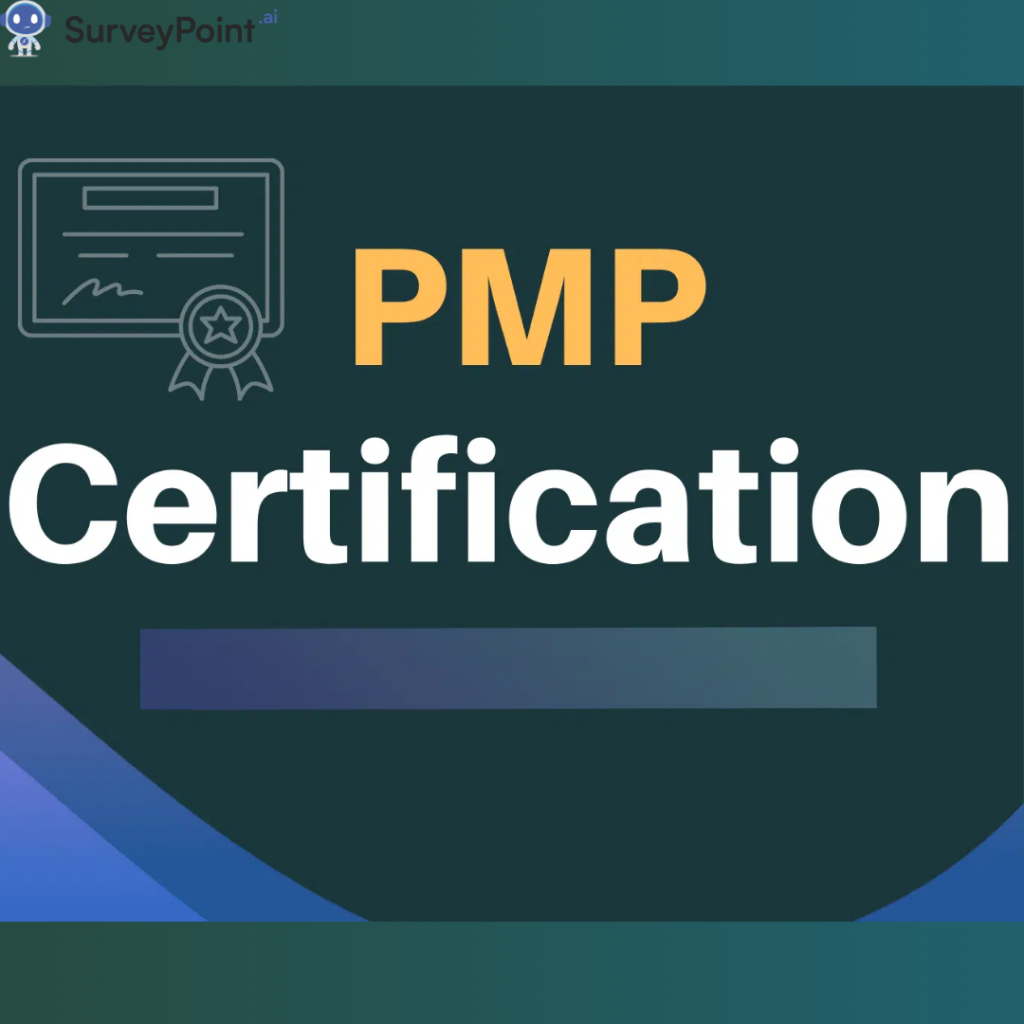Writing SMART goals is a critical skill for anyone who wants to achieve success in their personal or professional life. SMART goals are specific, measurable, achievable, relevant, and time bound.
By following the steps outlined in this essay, you can set goals that help you achieve what you put your mind towards. We will also be sharing examples of SMART Goals so that you can better understand how to write your own goals.
What are SMART Goals?
SMART is an acronym where each letter stands for:
S stands for Specific. The goal should be clear and precise. It should be linked to one activity, thought, or idea.
M stands for Measurable. A goal should be something you can track and measure progress toward. It allows you to see how far you have come and how far you need to go.
A stands for Actionable. There should be precise tasks or actions you can take to make progress toward a goal. The goal should not be outlandish or unrealistic.
R stands for Relevant. The goal should contribute to your broader, overarching goals. They must contribute towards your personal or professional growth.
T stands for Timely. A goal should fall within a predefined time frame. They should have a defined start and end date.
By setting SMART goals, individuals and businesses can achieve success by staying focused, motivated, and accountable. People and organizations can use SMART goals for a wide range of purposes, including personal development, career advancement, team management, and project planning.
How to write SMART Goals?
Here are some steps that you should take while writing a SMART goal:
Identify the goal. The critical step in writing a SMART goal is to figure out what you want to achieve.
Be specific. To make your goal specific, you need to be precise about what you want to achieve. Be as clear and straightforward as possible. To do this, you have to ask questions like “who, what, where, when, why, and how.”
Make it measurable. A measurable goal can be quantified or kept track of. You need to determine how you will measure progress. It helps figure out if the goal has been reached. This can be done with numbers, percentages, or some other method.
Make it attainable. A goal that can be achieved is one that is both challenging and possible. It means taking a look at your resources, skills, and knowledge to see if you can reach the goal in the time you have.
Make it relevant. A relevant goal is one that fits in with your broader targets and objectives. You need to consider how the goal fits your professional or personal goals. It also shows what effect your goal will have on you.
Set a time limit. When you set a time frame for a goal, you know when it needs to be done. It gives you a sense of urgency and keeps you on track and responsible. Set a time limit for yourself and make sure you can reach your goal in that time.
Note it down. Once you know what your SMART goal is, you should write it down in a clear statement. Writing the statement down will keep you on track to reach your goal.
Track your progress. Keep a record of how close you are getting to your SMART goal. It can be done with tracking tools, journals, or other ways. Use this information to alter your strategies, keep yourself going, and celebrate your wins.
You Must Like: 9 Best Alternatives to ProProfs
SMART Goals Examples
SMART Goal Example of Writing a Book
- Specific: I will write a 50,000-word romantic novel.
- Measurable: I will finish the novel in 6 months.
- Achievable: I will write 2,100 words every week.
- Relevant: I’ve always dreamed of becoming a famous writer.
- Time-bound: I will start writing tomorrow, March 1st, and finish on September 30th.
SMART Goal Example Summary:
I’m going to write a 50,000-word novel in 6 months. Starting on March 1st and finishing it by September 30th. I will do this by writing 2,100 words per week.
5 SMART Goals for work
- We want to increase sign-ups for our website by 10% in 1 month. This will be done by optimizing our web landing pages and CX chatbot and creating targeted search ads. Driving sign-ups will convert more into paying customers and thus increase revenue.
- Improve customer satisfaction by 20% in the next six months. This will be achieved by creating a customer feedback system and identifying and addressing critical issues promptly.
- Raise staff’s productivity by 30%. I will use employee feedback to find their issues and improve the work environment. The goal of asking for their feedback is to build a work culture that people want to be a part of.
- I will hire a Virtual Assistant to manage customer service within 3 weeks. This will free up my time. I’ll use this time to research and add 3 new products to my store by the end of the month.
- Increase customer retention rates by 15% in the next six months. To do so, we will offer personalized solutions and exceptional customer service. A customer loyalty program will also be initiated.
5 SMART Goals for students
- I will score above 1400 on the SAT exam to be held in 4 months. Start by studying for at least 4 hours per week. Use an SAT study guide and attend an SAT preparation course.
- I will secure 80% for my mathematics exams. I will study math for one hour each day. Monday to Friday for 5 weeks. I will also seek additional help from my teachers to resolve any problems I face.
- Read at least one book per month on topics outside of the academic field. This will broaden my knowledge and understanding of various subjects.
- I will improve my Spanish language by using library resources and taking notes from the recommended readings for my course. I will do this by dedicating 1 hour every day for 4 weeks.
- I aim to lose 4 kilograms in three months to improve my overall physical and mental health. I will achieve this by exercising four times a week and following a healthy diet.
Conclusion
SMART goals assist individuals and businesses in achieving success by breaking down larger goals into smaller, attainable tasks. They also serve as a framework for assessing progress, recognizing obstacles, and altering plans as necessary.
Setting SMART goals will help you raise your chances of success, boost your confidence, and accomplish your professional and personal objectives.




